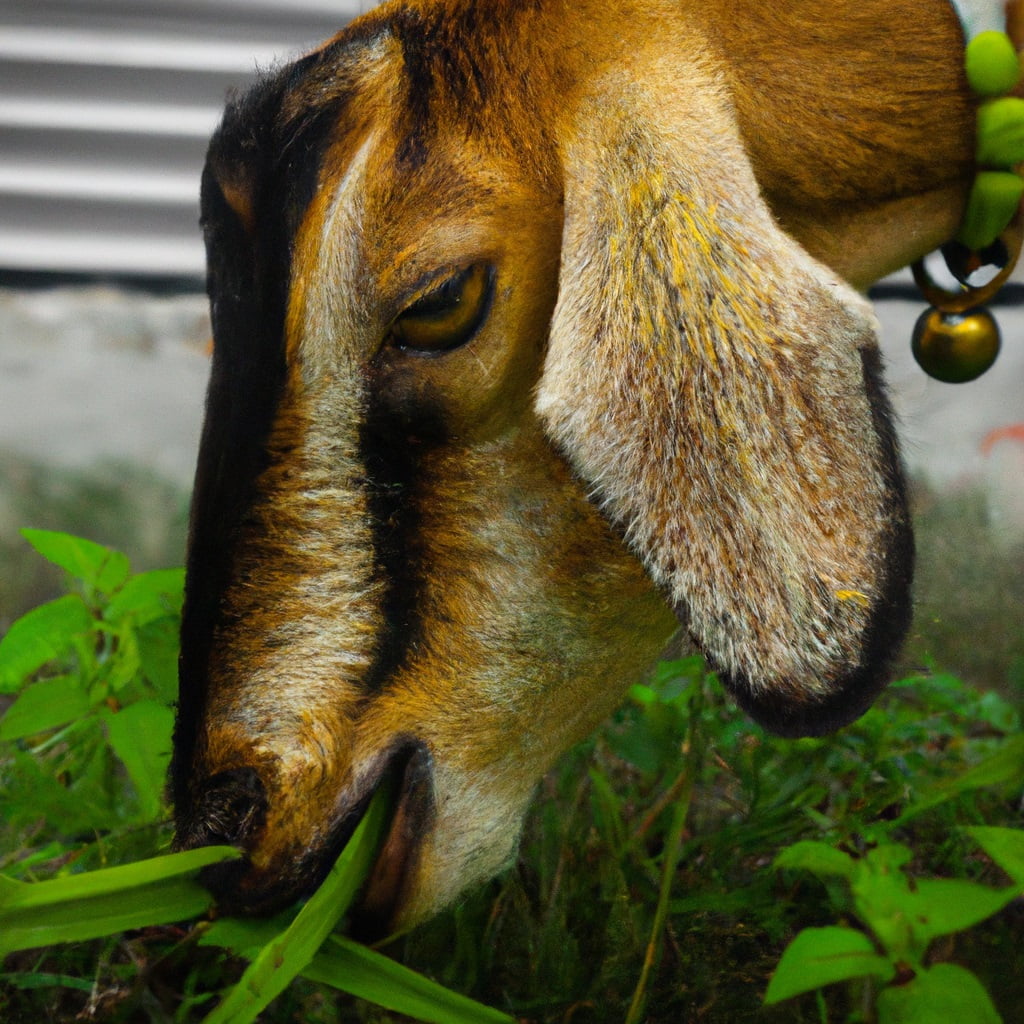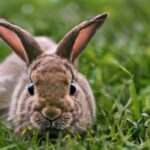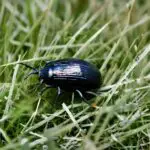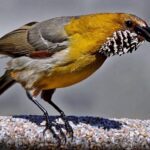
Animals play a crucial role in curbing weed growth and maintaining the harmony of our surroundings. This includes not only animals that eat plants or grass, but also animals that eat weeds. (See What Animals Eat Plants? and What Animals Eat Grass?)
In this post, we’ll look at which common animals eat weeds, and some of their eating habits.
Table of Contents
Do Animals Eat Weeds?
Yes, there are several types of animals that eat weeds, either as part of their natural diet or as a way to control the growth of unwanted vegetation.
Weeds are unwanted plants in a particular region, often affecting agriculture, ecosystems and gardens in a negative manner. But, a unique solution to this problem lies in the form of certain animals.
These creatures are capable of managing weed populations by devouring them. This not only reduces the requirement of manual labor and chemical herbicides but also has a major impact on weed management.
(You may also be interested in grass-eating animals and some of these related articles:
- Farm Animals that Eat Grass
- Small Animals that Eat Grass
- What Animals Eat Grass in the Forest?
- What Insects Eat Grass?)
What Animals Eat Weeds?
Here are several creatures that serve as natural weed control agents.
Goats
Known for their insatiable appetite, these animals can consume a vast range of plants including weeds. Their ability to reach high places and nibble on plants difficult for other animals to reach makes them suitable for weed control in rough terrains. Hence, goats are often utilized for weed management in fields, parks, and natural areas.

Sheep
With a reputation for munching on everything in their path, sheep play an important role in controlling weed populations. Used in large-scale weed management programs in pastures, agricultural fields, and rangelands, they can munch on tough, woody plants that are usually difficult to consume.
Cows
Yet another livestock species, cows play a crucial role in weed control, mostly utilized in pastures and rangelands. They help in maintaining weed populations by consuming large amounts of vegetation. Regular rotation of cows is particularly effective in controlling weeds.
Pigs
Omnivores by nature, pigs are capable of eating a wide range of plants including weeds. Pigs are often utilized in agricultural fields and natural areas for weed control. They are particularly effective in areas where they are allowed to forage freely as they can dig up roots and consume entire plants.
Chickens
Omnivores too, chickens will feed on various plants, including weeds. They are often used for weed control in gardens and agricultural fields. Rotating chickens regularly can be effective in controlling weeds, preventing the growth of a large established weed population.
Geese
Waterfowl that feed on an array of plants including weeds, geese are utilized for weed control in parks, natural areas and golf courses. They are particularly effective in areas near water sources as they consume large amounts of vegetation in these areas.
Ducks
Similar to geese, ducks are also waterfowl that feed on various plants, including weeds. Used for weed control in parks, natural areas and golf courses, they are particularly effective near water sources where they can consume vast amounts of vegetation.
Rabbits
Rabbits with their insatiable appetite for greens, feast on common weeds like dandelions and clovers.
Pheasants
Being omnivores, Pheasants consume both plants and insects and have a taste for weeds like thistles and dandelions.
Llamas and Donkeys
Both herbivores, they are also used in grazing programs for controlling weed growth and preserving the balance of ecosystems.
Insects
Insects like flea beetles and root weevils also play a crucial role in weed control. These insects feed on leaves, stems and roots of weeds, helping to keep their populations in check.
Final Thoughts
The utilization of animals for weed control has several advantages over traditional methods like chemical herbicides and manual labor. Animals can be effective in areas difficult to reach by manual labor or machinery and can be used in areas where chemical herbicides are not desirable or allowed. Moreover, animals can target specific weed species, allowing for precise control.
To sum up, animals play a crucial role in curbing weed growth and maintaining the harmony of our surroundings, from the varied eating habits of pheasants to the herbivorous tendencies of llamas.
Lance has been passionate about the plant-based diet and we have been following a whole food plant-based diet for over 5 years. We focus on health, natural healing, weight management, animal rights, and the health of the planet and environment by focusing on whole plant-based foods and sustainable practices.
Learn more at the About Me page and follow on social media at the links below.




